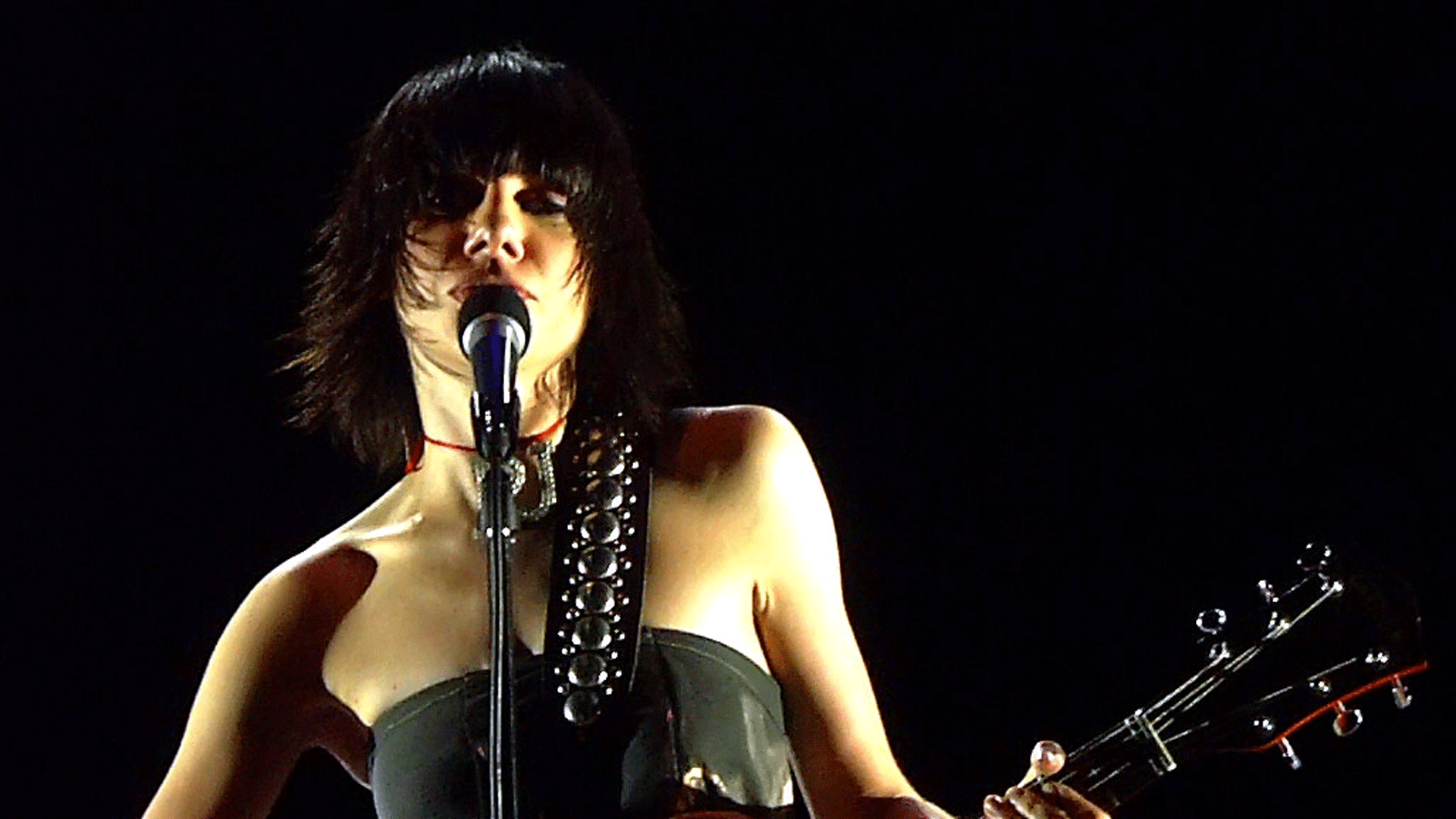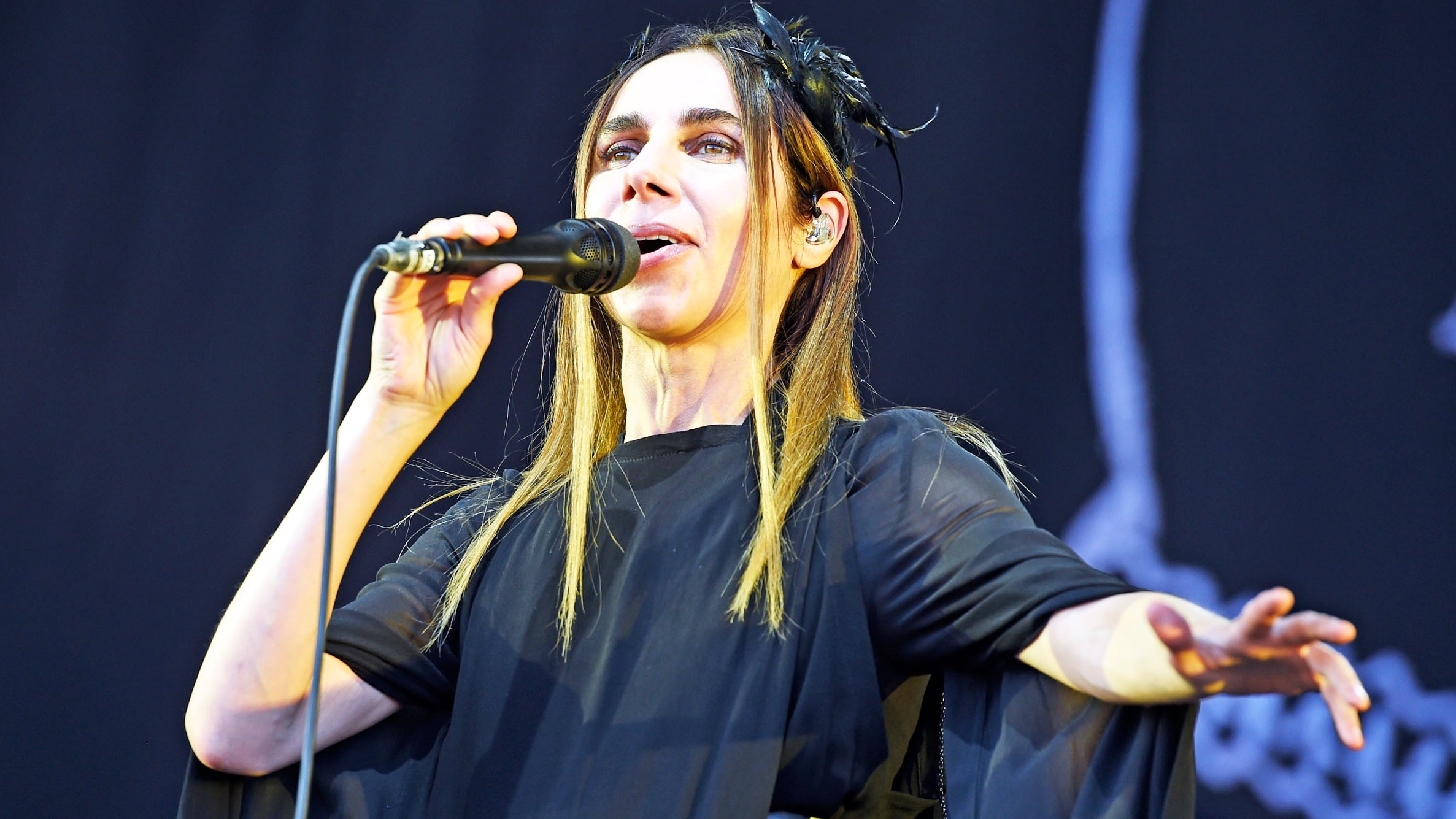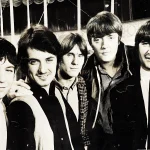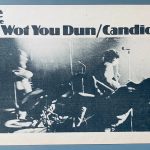PJ Harvey’s “Down by the Water” (1995): A Descent into Gothic Blues and Dark Narrative

Released in 1995, “Down by the Water” stands as a chilling and pivotal track in the discography of British singer-songwriter PJ Harvey. Featured on her critically acclaimed album To Bring You My Love, this song marked a significant and bold departure in her musical style, moving towards a more raw, blues-influenced sound imbued with a distinct gothic edge. It’s a testament to Harvey’s artistic evolution and her fearless exploration of darker thematic territory.

The song’s most striking element is its haunting and unsettling narrative. Delivered through Harvey’s incredibly evocative and versatile vocals—which range from a sinister whisper to a raw, guttural cry—the lyrics unfurl the chilling story of a mother drowning her own child. The narrative is disturbingly vivid, creating a sense of immediate unease and drawing the listener into a world of profound psychological darkness. Harvey doesn’t shy away from the horrifying implications of the story, making it a truly unforgettable and disquieting experience.
Adding to the pervasive sense of dread is the sparse yet incredibly effective instrumentation. The track is dominated by a menacing, repetitive bassline that provides a foundational pulse of discomfort. This is expertly complemented by the unsettling, almost ecclesiastical drone of an organ, which adds layers of gothic atmosphere and a sense of impending doom. The minimalism of the arrangement amplifies the lyrical content, forcing the listener to confront the narrative head-on without distraction. Every note feels deliberate, contributing to the song’s deeply atmospheric and unsettling listening experience.
“Down by the Water” is more than just a song; it’s a powerful statement of Harvey’s artistic bravery and her unparalleled ability to craft dark, compelling narratives that push the boundaries of rock music. It’s a track that demands attention, challenging listeners with its grim subject matter and immersing them in a unique blend of raw blues power and gothic theatricality. The song’s enduring impact lies in its uncompromising vision and its willingness to explore the most disturbing corners of the human psyche, solidifying its place as a cornerstone of 90s alternative music.











